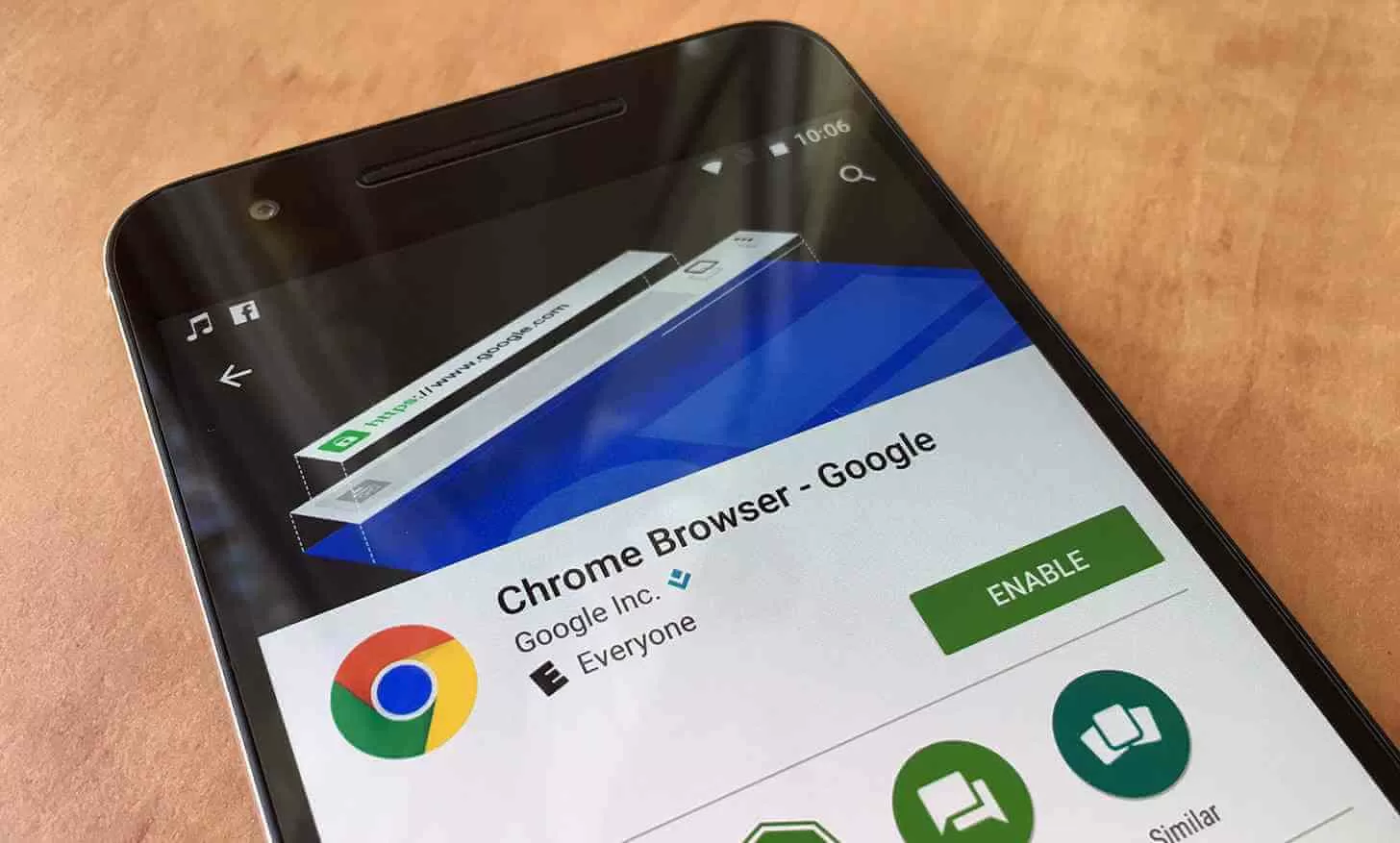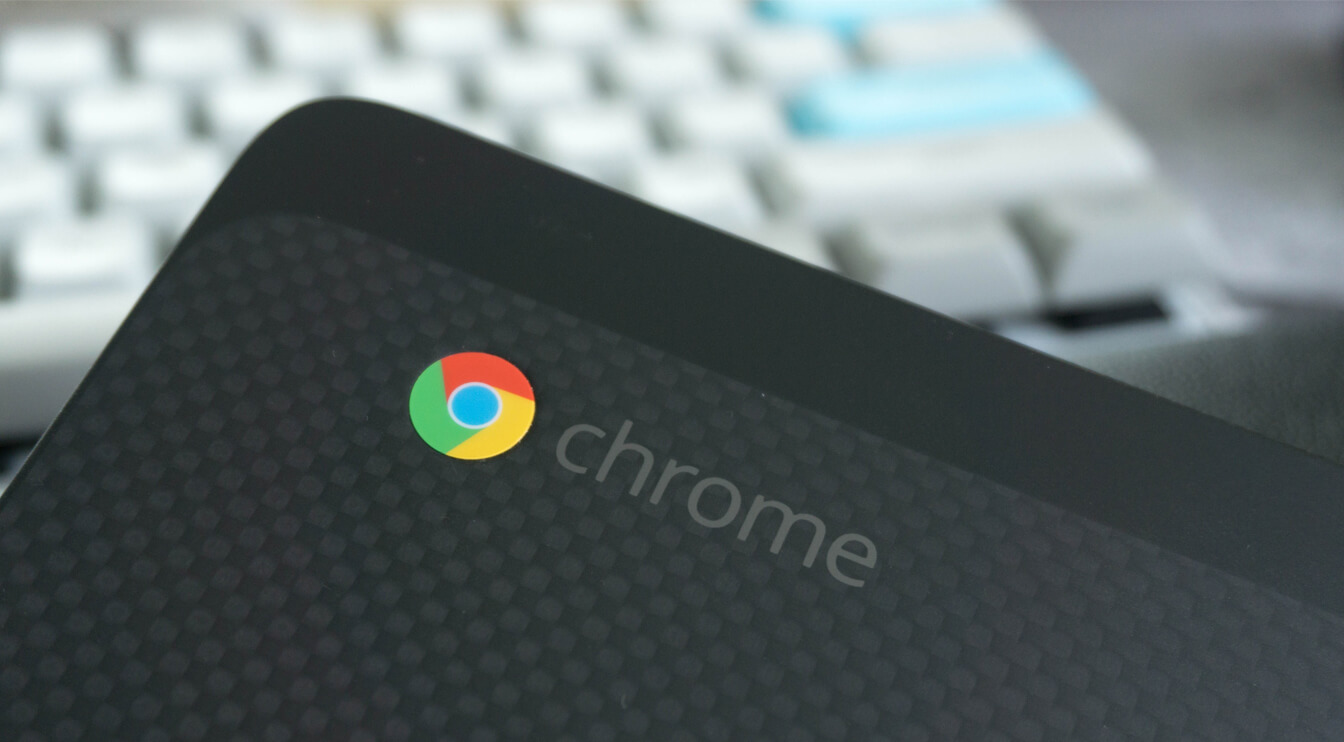Something to look forward to: Google Chrome might still be a memory hog, but aggressive caching of previously visited pages may make all of that resource usage worth it. A back/forward cache under development will improve loading times on up to 19 percent of all web pages.

The Chrome team is working on a back/forward cache that is designed to make revisiting pages drastically faster. By preserving the JavaScript and DOM state in memory, loading times of cached pages will be significantly improved.
On desktop platforms, nearly 10 percent of all pages loaded are from the forward and back buttons. Mobile use bumps this stat up to 19 percent of page loads. If Google can pull off this feature well, browsing will appear to be far more responsive and seamless than ever before.
Major challenges of this endeavor include figuring out how to deal with malicious or even just resource intensive scripts. JavaScript is not really intended to be paused at random when a user navigates to another page only to be resumed later. Leaving a script running after a user leaves the site is a big security issue, and reloading the script entirely defeats the point of the feature. Somehow, Google is still working out a way to freeze the state of entire pages safely.

Building out better caching mechanisms will help improve battery life on portable devices. However, a caveat of more caching means more memory usage. Chrome is already often criticized for devouring RAM as soon as a small handful of tabs are open. Storing dozens of web pages in a new cache will required even more memory.
Chrome's "bfcache" feature is under development now and is not expected to make it into stable versions of the browser until 2020.
https://www.techspot.com/news/78966-google-chrome-getting-new-cache-massively-speed-up.html